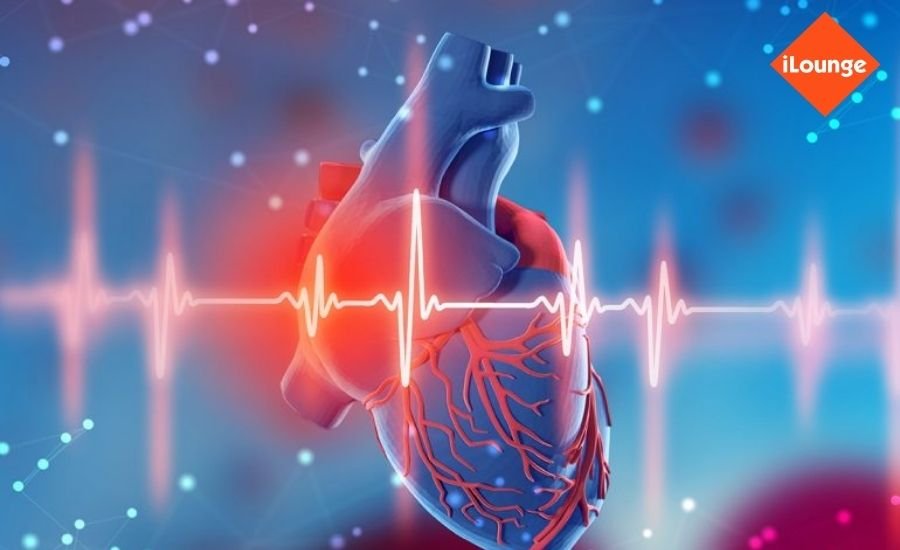5 Early Signs of Heart Disease in Women and What To Do About Them

Heart disease is a chronic illness that may cause other problems, such as stroke and heart failure. Understanding these symptoms helps prevent heart diseases as they might present differently in women. Here are some of the early signs of heart disease and how they can impact women’s heart health:
Five Early Signs
One of the common early signs of heart disease in women is unexplained fatigue. This tiredness is different from the usual fatigue and can occur at any time of the day. A woman may also have shortness of breath while performing some routine tasks or even while at rest, manifesting as being unable to catch one’s breath. Some of the discomforts include pressure, squeezing, or even a feeling of fullness in the chest. You could also feel discomfort radiating to the arms, neck, jaw, or back, which might be easily mistaken for other health issues. Nausea, indigestion, or heartburn can be found in some women and may be taken as a symptom of a digestive disorder.
Some Risk Factors
Women with changing hormone balance during the menopause period may be in danger of heart conditions due to the decrease in estrogen. Other diseases, such as gestational diabetes, preeclampsia, and high blood pressure during pregnancy, can also cause heart diseases. Women who are overweight may have a higher risk of heart disease. Being overweight may cause high blood pressure, meaning the heart has to strain to circulate blood in the body. Depression and anxiety also affect the health status of the heart, and both conditions may lead to elevated levels of stress hormones such as cortisol. This increases blood pressure and heart rate, putting extra strain on the heart.
If You Notice Early Symptoms
Lifestyle changes can go a long way towards preventing heart disease and improving women’s heart health. This means having a balanced diet and eating fruits, vegetables, and whole-grain products. Aerobic exercises, including walking, reduce the risk of heart disease and help maintain a good state of health. Long-standing stress is not healthy for the human heart, so trying to reduce stress through practices such as yoga and meditation might help keep the heart healthy. Regular doctor check-ups are a good way to help with the early detection of various risk factors contributing to heart diseases. At these visits, the doctor should examine your blood pressure and cholesterol levels to check on your condition. A high reading means that there is a higher risk of heart disease.
Support and Resources
If any of these symptoms become persistent, it is a good idea to get medical help. When the disease is diagnosed at early stages, management and treatment are possible. Preventive cardiology can help women protect their heart health. A cardiologist assesses your risk and performs diagnostic tests, such as an electrocardiogram, echocardiogram, and stress testing. Discuss your concerns with your doctor if you have a family history of heart disease.
Explore Women’s Heart Health Services
Identifying the possible symptoms of heart disease in women helps you be aware and take early action. By consulting healthcare professionals and staying informed, women can take steps toward safeguarding their heart health. Schedule an appointment with a cardiologist for more information and treatment options.
Stay Updated With ILounge

Specializing in insightful and engaging articles across a range of topics. With a keen eye for detail and a passion for delivering high-quality information, Mary helps readers stay informed with the latest trends and updates


